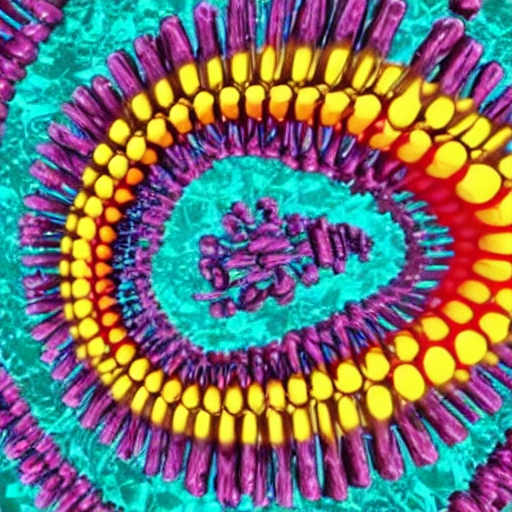An innovative blood test being developed by scientists at the Johns Hopkins Kimmel Cancer Centre that combines genome-wide sequencing of individual DNA molecules shed from tumors with machine learning may enable earlier identification of diseases such as lung and other cancers.
The GEMINI test (Genome-wide Mutational Incidence for Non-Invasive detection of Cancer) scans the entire genome for modifications to DNA. A person who is at risk for cancer has their blood sampled first. Then, utilizing affordable whole genome sequencing, cell-free DNA (cfDNA) released by tumors is collected from the plasma. To determine mutation profiles across the genome, single DNA molecules are examined for sequence changes.
Finally, to differentiate between those who have cancer and those who do not, a machine learning model trained to recognize variations in cancer and non-cancer mutation frequencies in various locations of the genome is used. A higher score indicates a higher likelihood of having cancer; the classifier produces scores ranging from 0 to 1.
Researchers showed that GEMINI’s technique, when combined with computerized tomography imaging, diagnosed over 90% of lung tumors, including those in patients with stage I and II disease, in a set of laboratory tests. The proof-of-concept study’s description was made available online by the journal Nature Genetics on July 27.
According to senior study author Victor Velculescu, M.D., Ph.D., professor of oncology and co-director of the cancer genetics and epigenetics programme at the Kimmel Cancer Centre, this research demonstrates for the first time that a test like GEMINI, integrating genome-wide mutation profiles from individual molecules of cfDNA, in combination with other cancer detection approaches, may be used for early cancer detection as well as for monitoring patients during therapy.
According to Daniel Bruhm, primary study author and graduate student in the human genetics programme at the Johns Hopkins University School of Medicine, the study mainly focused on lung cancer identification in high-risk populations. Nevertheless, they found different mutational patterns in cfDNA from individuals with various malignancies, such as liver cancer, melanoma, or lymphoma, indicating it may be applied more broadly, according to Bruhm.
Researchers used the Pan-Cancer Analysis of Whole Genomes study’s 2,511 cancer samples’ whole genome sequencing to create GEMINI, identifying differential mutation frequencies throughout the genome in various tumor types. For instance, an average of 52,209 somatic mutations per genome were discovered in lung tumors. The researchers also discovered the genomic areas with the greatest number of mutations, discovering that these regions were identical in lung cancer, melanoma, or B cell non-Hodgkin lymphoma patient blood-derived cfDNA as well as tumor tissue.
A cohort of individuals with a high risk of developing lung cancer, the 365 participants in the Longitudinal Urban Cohort Ageing Study (LUCAS), were tested to determine GEMINI’s capacity to identify sequence variations in cfDNA. People with cancer had higher GEMINI scores than people without cancer. In order to increase the diagnosis of early-stage lung cancer, researchers also investigated the possibility of combining GEMINI with DELFI (DNA assessment of fragments for early interception), an earlier-developed test that looks for variations in the size and distribution of cfDNA fragments throughout the genome. The combined method identified some cancer samples that GEMINI missed. GEMINI and DELFI accurately identified lung cancer in 89 samples from patients in the LUCAS cohort 91% of the time. A different validation cohort of 57 persons, the majority of whom had early-stage lung cancer, produced similar results.
The researchers also looked at the application of GEMINI in additional study samples, which included seven individuals who had no palpable tumors at the time of blood collection. Their median GEMINI score was 0.78, which is greater than that of those who are cancer-free. Six individuals who tested positive using GEMINI went on to receive a lung cancer diagnosis between 231 and 1,868 days after the samples were taken, indicating that abnormalities in cfDNA mutation patterns can be found years before conventional diagnoses.
Additional research showed that GEMINI could distinguish between different lung cancer subtypes and also spot early liver cancers. GEMINI scores dropped in a group of patients being treated with drugs for lung cancer during their initial response to therapy, indicating the testing could be used to keep tabs on patients while they are undergoing treatment.
According to Rob Scharpf, Ph.D., associate professor of oncology at the Kimmel Cancer Centre, the findings suggest that the combination of genome-wide GEMINI mutation analyses with DELFI fragmentation analysis of cfDNA may offer a chance for affordable, scalable cancer detection. Before the technology may be made available for therapeutic use, larger clinical trials are required to validate it, he claims.








